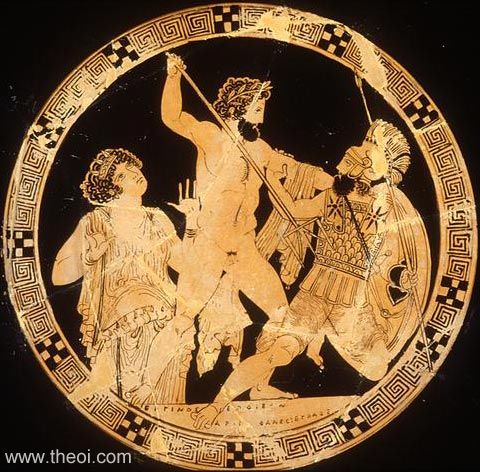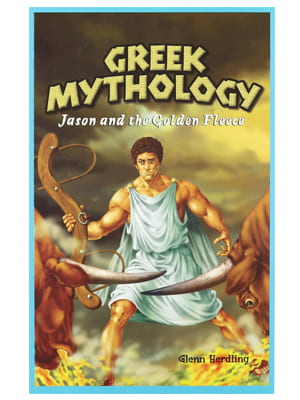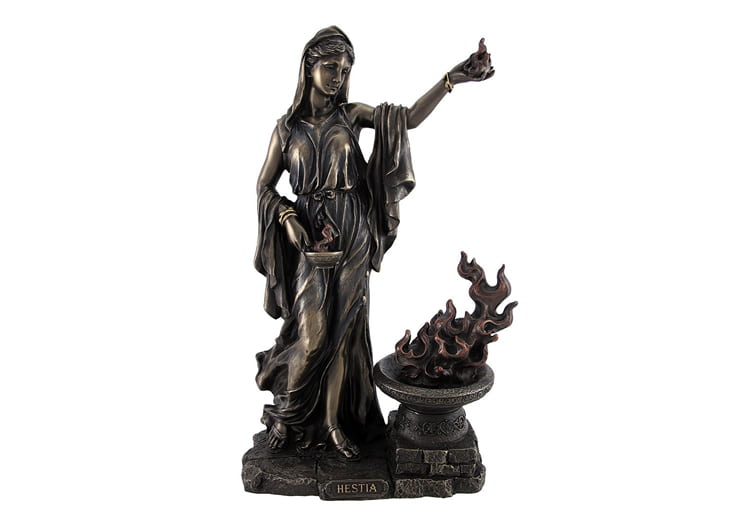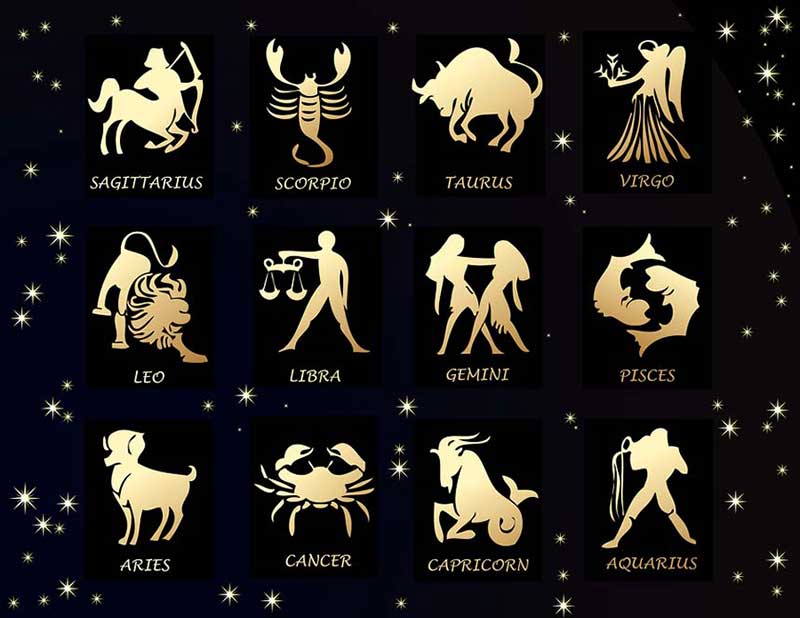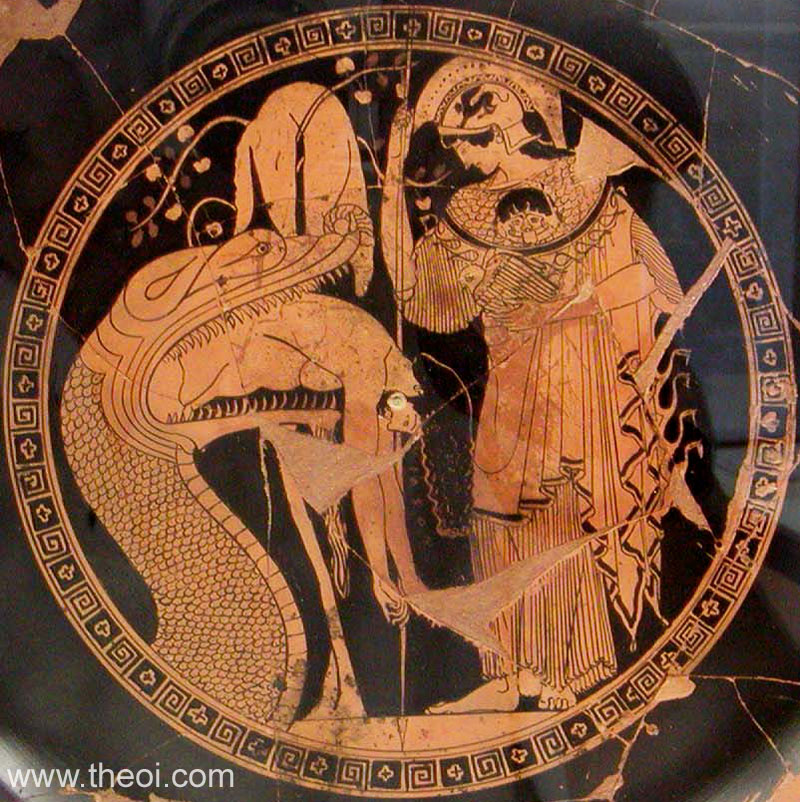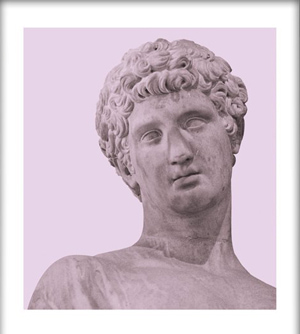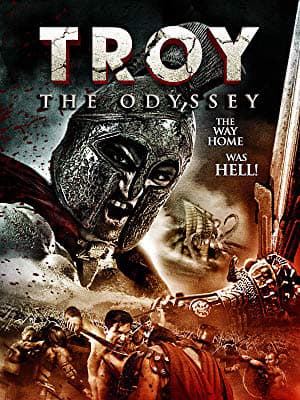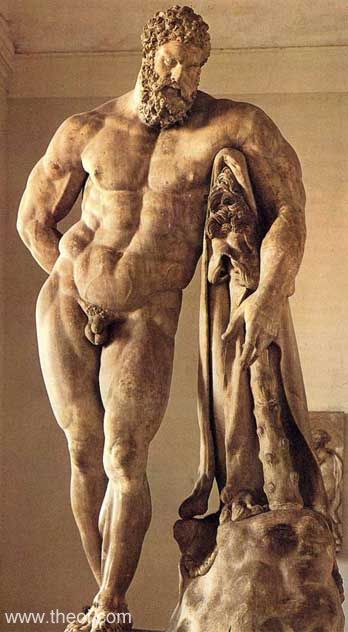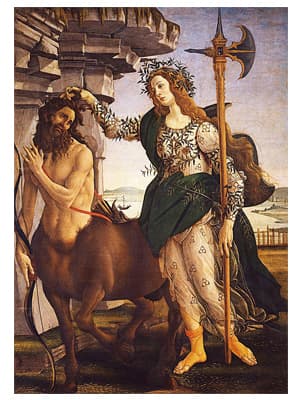Greek heroes and deities alike commonly used weapons in both battle and everyday life. Without these weapons, they may not have been able to defeat these monsters and enemies.
These are the three best weapons used in Greek mythology!
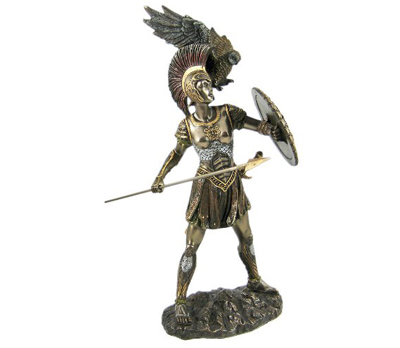 Bow and Arrow
Bow and Arrow
There were several notorious archers in Greek mythology who used a bow and arrow for both hunting as well as combat. Those archers who used a bow and arrow were famously known for their use of this weapon, as the weapon played a vital role in their myths.
Artemis, the god of animals and hunting, used a bow and arrow as her weapon of choice. Tragically, Artemis used a bow and arrow to mistakenly kill her best friend, Orion, as she mistook him for the man who had raped a friend of hers.
Paris was a Trojan prince who had married Helen, the queen of Sparta. During the Trojan War, Paris was able to kill many Greek warriors with his bow and arrow.
Sword and Shield
Hephaestus is the god of metalworking and blacksmithing. He created all of the weapons for the gods on Mount Olympus. These weapons included the thunderbolt for Zeus, the trident for Poseidon, and magic arrows used by Apollo and Artemis.
Greek heroes would often use swords and shields for hand-to-hand combat. The knife that Perseus used to behead Medusa was made by Hephaestus, along with the shield that Athena had given him to help in his mission.
The sword of Peleus was made by Hephaestus and will give whoever uses its victory. The sword of Damocles was suspended over Damocles’s throne to represent the constant danger that comes with sitting on the throne.
Trickery
All’s fair in love and war, and that includes Greek mythology, too. Trickery is a mental weapon of warfare commonly used in Greek mythology. By outsmarting their opponents using trickery, these Greek heroes and deities were most often victorious.
Odysseus was one of the most iconic Greek heroes who used trickery to defeat his enemies. His first example of trickery was carried out in the Trojan War. It was Odysseus who devised a plan to take over the Trojans by tricking them.
The Greeks would construct a large horse to act as a trophy that the Trojans would willfully bring inside their city while the Greeks boarded their ships and sailed away in defeat. While the Trojans observed the Greeks fleeing on their boats, they brought the trophy horse inside their city, just as Odysseus had predicted.
Unbeknownst to the Trojans, Odysseus and a force of Greek soldiers were waiting inside the horse to attack when the Trojans least expected it. Because of this strategic trickery, the Greeks were victorious in the Trojan War.
In another act of trickery, Odysseus is on his journey home when he faces many hurdles. One of those hurdles is entering the cave of Polyphemus, a giant cyclops who lived on the island of the cyclops. Polyphemus was giant and possessed extreme strength.
Odysseus and his men could not overpower him, so they had to devise a plan to escape the cave another way. While Polyphemus had left the cave one day, Odysseus and his men took a giant log and carved a sharp spear on one end of it. That night, after Polyphemus had eaten many of Odysseus’s men, Polyphemus returned to his cave for the night.
Odysseus had taken the wine that he brought with him and given it to Polyphemus. Having never drunk wine before, Polyphemus quickly became drunk and fell asleep. While Polyphemus slept, Odysseus and his few remaining men took the large log and heated the sharp spear over a fire.
Once the spear was hot, Odysseus and his men pierced the eye of Polyphemus, blinding him. With Polyphemus blinded, Odysseus and his men hid underneath the flock of sheep that Polyphemus would release from his cave each morning.
The next morning when Polyphemus let his sheep out of the cave, he felt the backs of each sheep to make sure no one was riding on their backs. Odysseus and his men were underneath the sheep, so they were able to escape the cave unknowingly to Polyphemus.
